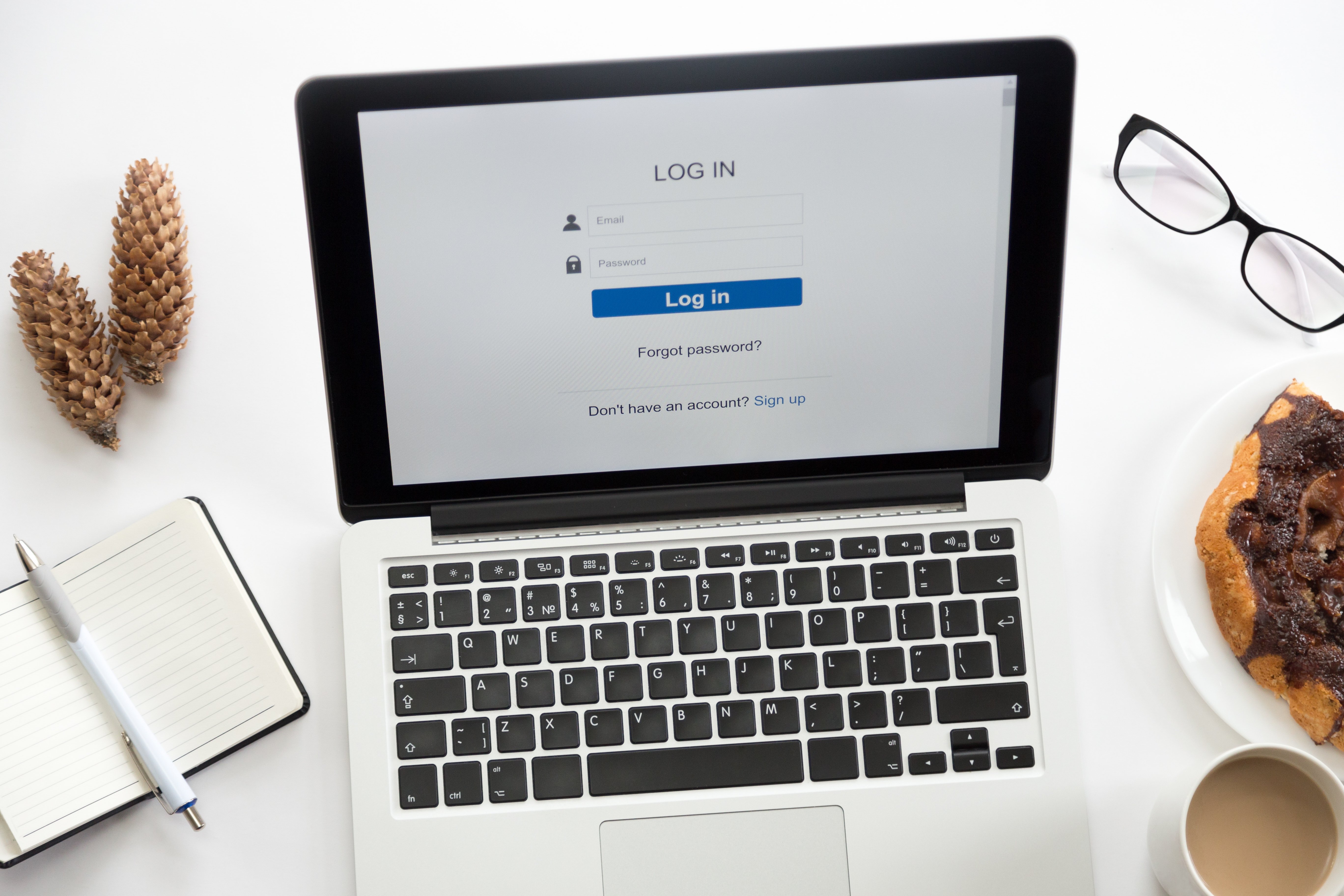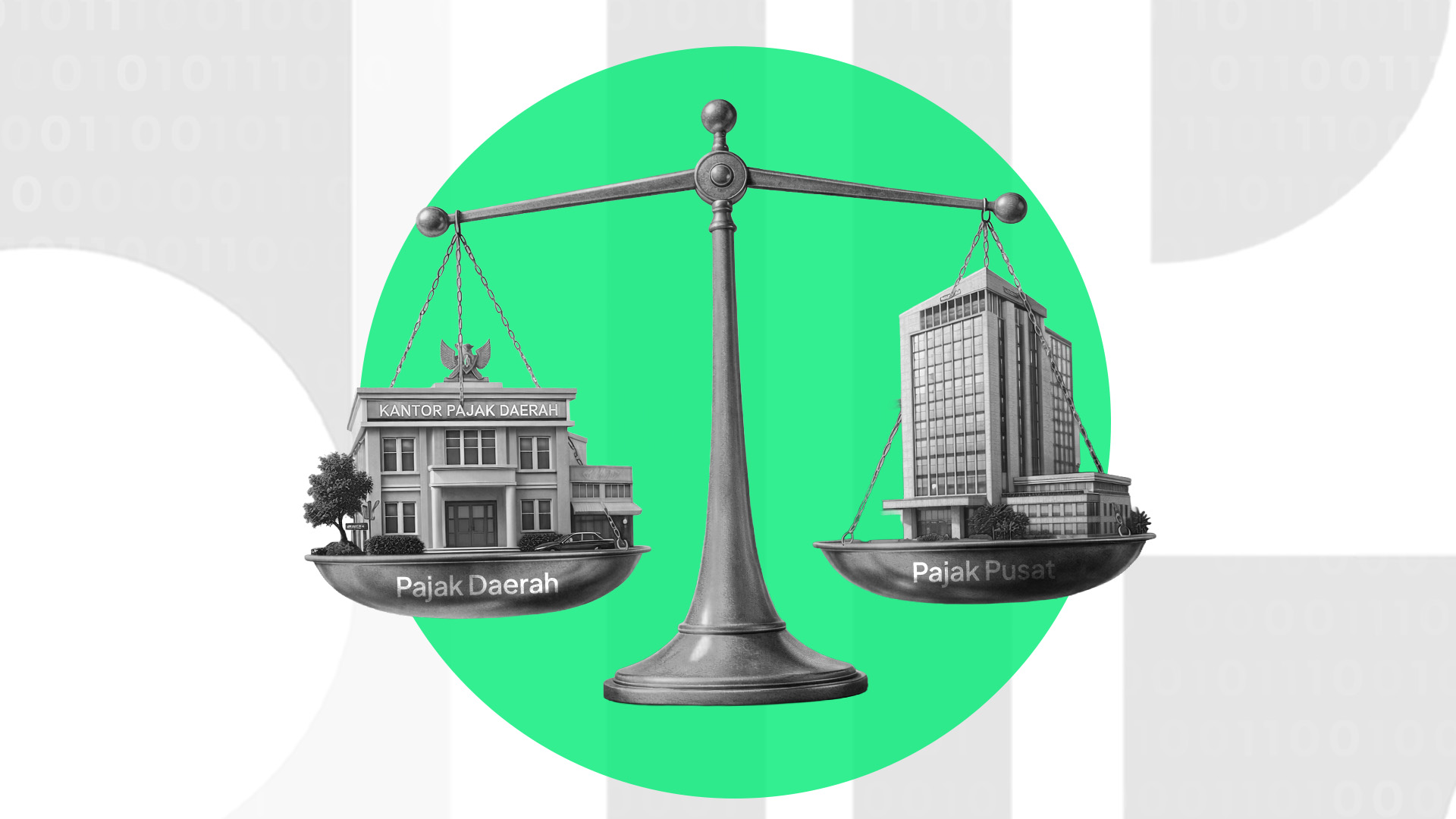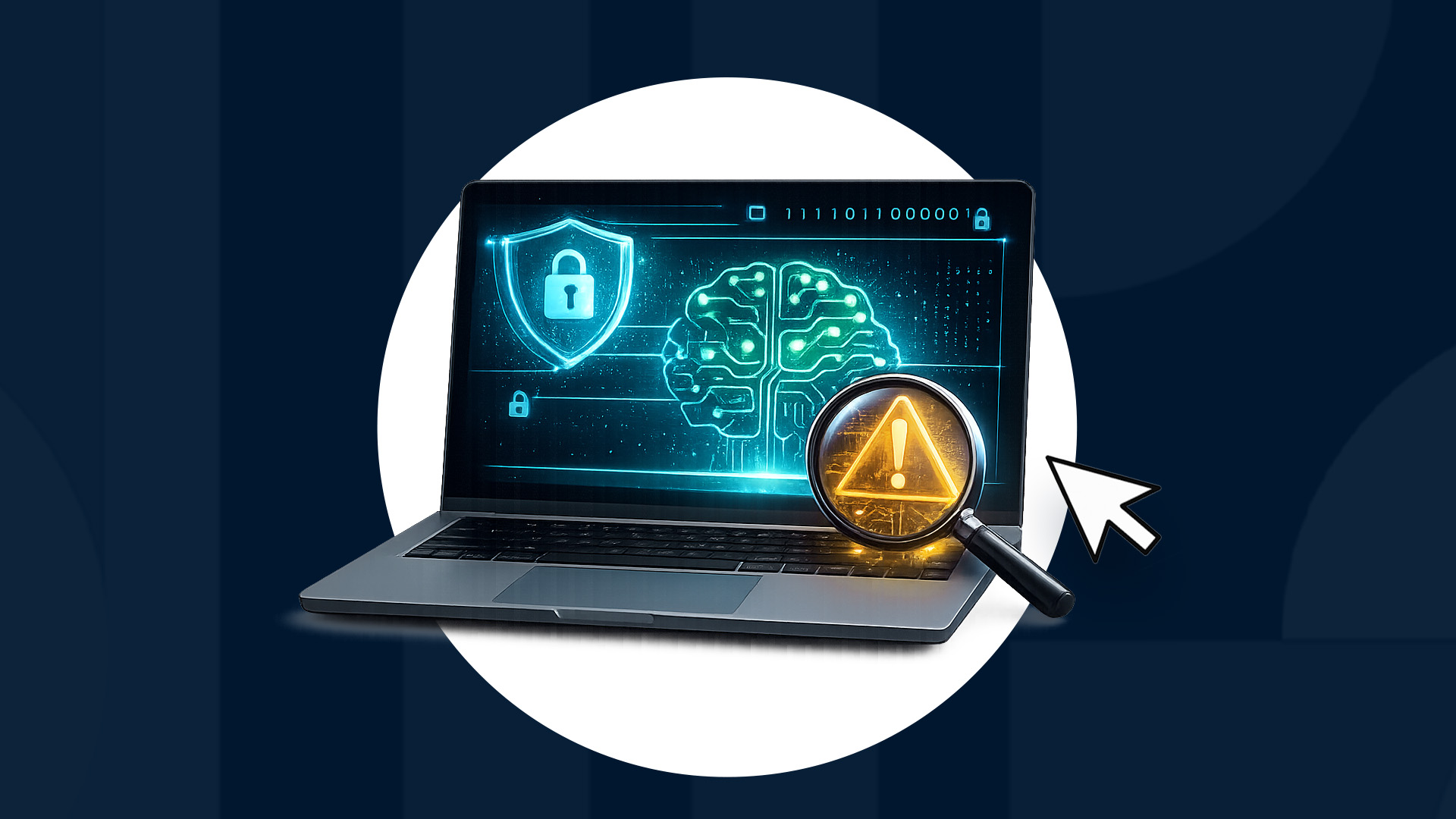Personal data is information that identifies an individual. In Indonesia, the most commonly used personal data is the national ID card (KTP). In today's digital era, personal data is also used in online activities such as registering for apps, mobile banking transactions, insurance claims, pay later loans, and more.
Therefore, it is important for individuals to understand what personal data is, its types, and how to protect it from misuse.
Definition of Personal Data
Personal data includes various information that can be used to identify someone, either directly or indirectly. Examples of personal data include names, addresses, identification numbers like KTP or passport numbers, phone numbers, email addresses, financial information like bank account numbers, medical information, and genetic and biometric data.
Types of Personal Data
Here are the types of personal data based on their general nature and according to law.
Personal Data by Function
- Personal Identity: Includes full name, address, date of birth, national ID number or passport number.
- Financial Data: Information such as bank account numbers, credit cards, or financial transaction details.
- Health Information: Medical records, health history, and other information related to an individual's medical condition.
- Biometric Data: Data derived from human biological measurements, such as fingerprints, iris scans, or facial recognition.
Personal Data by Law
In Indonesia, personal data is regulated under Law No. 27 of 2022 on Personal Data Protection (PDP Law). According to the PDP Law, types of personal data are categorized into two:
1. General Personal Data
General Personal Data is information directly or indirectly related to an identifiable individual, such as:
- Full name
- Phone number
- Email address
- KTP number
- Place and date of birth
- Gender
- Occupation
- Education
- Religion
- Marital status
- Photos/videos
2. Specific Personal Data
Specific Personal Data is sensitive and/or confidential information directly or indirectly related to an identifiable individual, such as:
- Health history
- Financial history
- Sexual life
- Membership in political organizations
- Religious beliefs
- Political views
- Criminal records
- Biometric data
- Genetic data
The PDP Law also categorizes another type:
3. Children's Personal Data
- Child's name and parents' names
- Home and school addresses
- Child and parents' phone numbers
- Child's photos/videos
- Child's health history
- Child's academic records
Tips for Protecting Personal Data
After understanding what personal data is and its types, it is important to know how to protect it from online threats. Here are steps to protect personal data:
1. Data Encryption
Ensure personal data is stored in an encrypted format to enhance security and prevent unauthorized access.
2. Beware of Public WiFi
Be cautious when using public WiFi as networks are often hacked to steal users' personal information.
3. Avoid Clicking Suspicious Links
Do not click on suspicious links, whether from known or unknown numbers, as these could be phishing attacks aimed at stealing personal data.
4. Avoid Sharing Personal Data on Social Media
Be careful when sharing personal data on social media, such as KTP numbers, credit cards, or other personal information that could be used to compromise other sensitive data.
5. Avoid Fake Apps
Download apps only from trusted sources to avoid malicious apps that can leak personal data. Do not randomly download apps from unofficial websites just to avoid the cost of official apps.
Why Personal Data Needs Protection
With specific regulations in place, one might wonder why personal data needs protection. Here are the reasons:
1. Avoiding Misuse of Personal Data
The increasing cases of personal data misuse are the main reason behind the creation of regulations and protection efforts. For example, the misuse of KTP data such as name, NIK, and gender for criminal purposes.
2. Enhancing Individual Safety and Privacy
Protecting personal information provides individuals with a sense of security regarding their data. The development of the internet has serious impacts on the leakage of personal information by irresponsible parties, making it important to maintain the privacy of identity and personal life for the comfort of individuals and their loved ones.
3. Human Rights Protection
The protection of personal data is also closely related to human rights. Every individual has the right to maintain the privacy of their life without interference from unauthorized parties. This protection is important to prevent abuse of power and to safeguard individual integrity in managing personal information.
4. Avoiding Financial Loss
The theft of personal data not only harms one's reputation but also causes financial loss. Imagine if your personal data is used by fraudsters to withdraw money, take out online loans, claim insurance, or make other payments without your knowledge.
Protecting digital personal data is crucial to maintaining individual integrity. One of the steps to secure personal data is by implementing digital identity verification. Verification is important protection for various purposes, from financial transactions to accessing health and education services.
One reliable provider is VIDA. As a digital security provider, VIDA offers verification, authentication, and digital signature services fully designed to protect personal data and maintain user integrity.
Jun 24, 2024
Personal Data: Definition, Types, and How to Protect It
Personal data is data that identifies an individual in physical or digital form. Read explanations of its definition, types, and ways to protect personal data.


Types of Taxes and the Convenience of the Coretax System
Learn about the different types of taxes in Indonesia, their benefits, and how Coretax supports secure, integrated tax reporting.
February 11, 2026
.jpeg)
The New Digital Crime Economy: Why AI-Driven Fraud Syndicates are the 'Startups' of the New Era
AI-powered attacks—such as large-scale deepfake attacks, synthetic identity fraud, and automated device farms—are effectively eroding trad...
February 03, 2026

AI Used for Fraud Detection: How Does It Work?
Fraud is becoming harder to detect with traditional methods. Learn why AI is reshaping how organizations identify and prevent digital fraud...
January 28, 2026
.png)